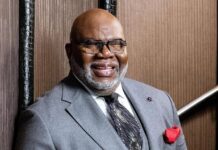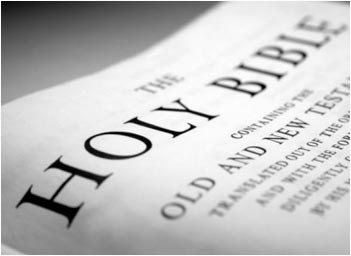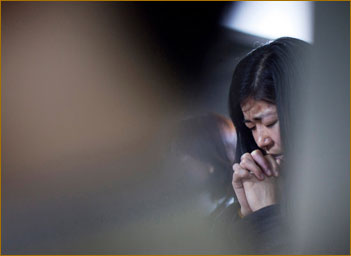By Jorge Lahiff
‘My people are destroyed for lack of knowledge’ (Hosea 4:6).
THE public reading of Scripture is an ancient tradition which was passed onto the first Christians by the Apostles. Our brothers who lived during the first four centuries of the Church’s existence devoted far more time to reading the Word of God aloud during their meetings than we do today. Very few people study the Scriptures as much as they should. It is, therefore, the duty of every church leader to read the books of the Bible, from the Book of Genesis through the Book of Revelation, in the hearing of church members, their children, and unsaved visitors, while also continuing to preach, and to teach, and to encourage people to read and to study the Bible on their own.
I recommend that at least 30 minutes of regular weekend church services be devoted to reading the Bible aloud; reading through the New Testament at least once a year, and reading through the Old Testament about once every six to eight years.
The Apostle Paul instructed Timothy to read his letters aloud during church services. “Until I come, devote yourself to the public reading of Scripture, to exhortation and teaching.” 1st Timothy 4:13 NASB
The Apostle John assumed that the Books of Revelation would be read in the churches. “Blessed is the one who reads aloud the words of this prophecy, and blessed are those who hear,..” Revelation 1:3 ESV
God commanded the prophet Jeremiah to read aloud His word in Solomon’s Temple. “..in the hearing of all the people in the Lord’s house you shall read the words of the LORD” Jeremiah 36:6 ESV
The Apostle Paul wrote in 1st Thessalonians 5:27, “I put you under oath before the Lord to have this letter read to all the brothers.” Does Paul’s apostolic command apply only to the First Century church leaders at Thessalonica? Of course not! The Holy Spirit compels all church leaders to do the same, until Christ’s second coming. The Holy Spirit works through the Scriptures to convict people of their sin, of their guilt, of their need to repent, and of the certainty of judgment. That is why ‘offensive’ passages, mostly having to do with sexual immorality, adultery, and divorce, and greed are avoided by today’s church leaders.
“All who do evil hate the light and refuse to go near it for fear their sins will be exposed.” John 3:20.
“Whoever is of God hears the words of God. The reason why you do not hear them is that you are not of God.” John 8:47 ESV
..they cannot listen; behold, the word of the Lord is to them an object of scorn; they take no pleasure in it.” Jeremiah 6:10 ESV
“Their deeds do not permit them to return to their God. A spirit of prostitution is in their heart; they do not acknowledge the LORD.” Hosea 5:4
The Scriptures are more than reference books for lengthy sermons and sparsely attended midweek and pre-service Bible studies. They are the very words of God passed onto us by His holy prophets and apostles, and through them our spiritual birth in Christ Jesus is facilitated. Churchgoers need and deserve to hear more of them.
Examine what witnesses of church services from the first through the fourth Centuries had to say about the public reading of the Holy Scriptures.
* Tertullian, who lived in the 2nd century, said: “We meet together in order to read the sacred texts.” He continues, “With the holy words we feed our faith, we arouse our hope, we confirm our confidence…The church unites the Law and the Prophets in one volume with the writings of evangelists and apostles, from which she drinks in her faith.”
* Justin the Martyr in the 150s said that at church services, “The memoirs of the Apostles or the writings of the prophets are read, as long as time permits.”
* Clement of Alexandria (c. 182-202) talks of Christians in their worship, “always giving thanks in all things to God through righteous hearing and divine reading.”
* Theodore of Antioch in the late 4th century said, “All of us, having come to faith in Christ the Lord from the nations, received the Scriptures from them and now enjoy them, reading them aloud in the churches..”
Consider using the Internet and local newspapers to start home based Bible reading and study fellowships. Many 1st Century churches met in homes.
“Greet also the church in their house.” Romans 16:5.
“Aquila and Prisca, together with the church in their house, send you hearty greetings in the Lord.” 1st Corinthians 16:19.
Whether you gather in a grand cathedral or in a humble dining room, God will bless you as you grow and mature together through faith, lending your ears and your hearts to His word; and as He has promised, our Lord Jesus will be there with you!
Therefore, as the Holy Spirit says, “Today, if you hear his voice, do not harden your hearts..” Hebrews 3:7,8.





















